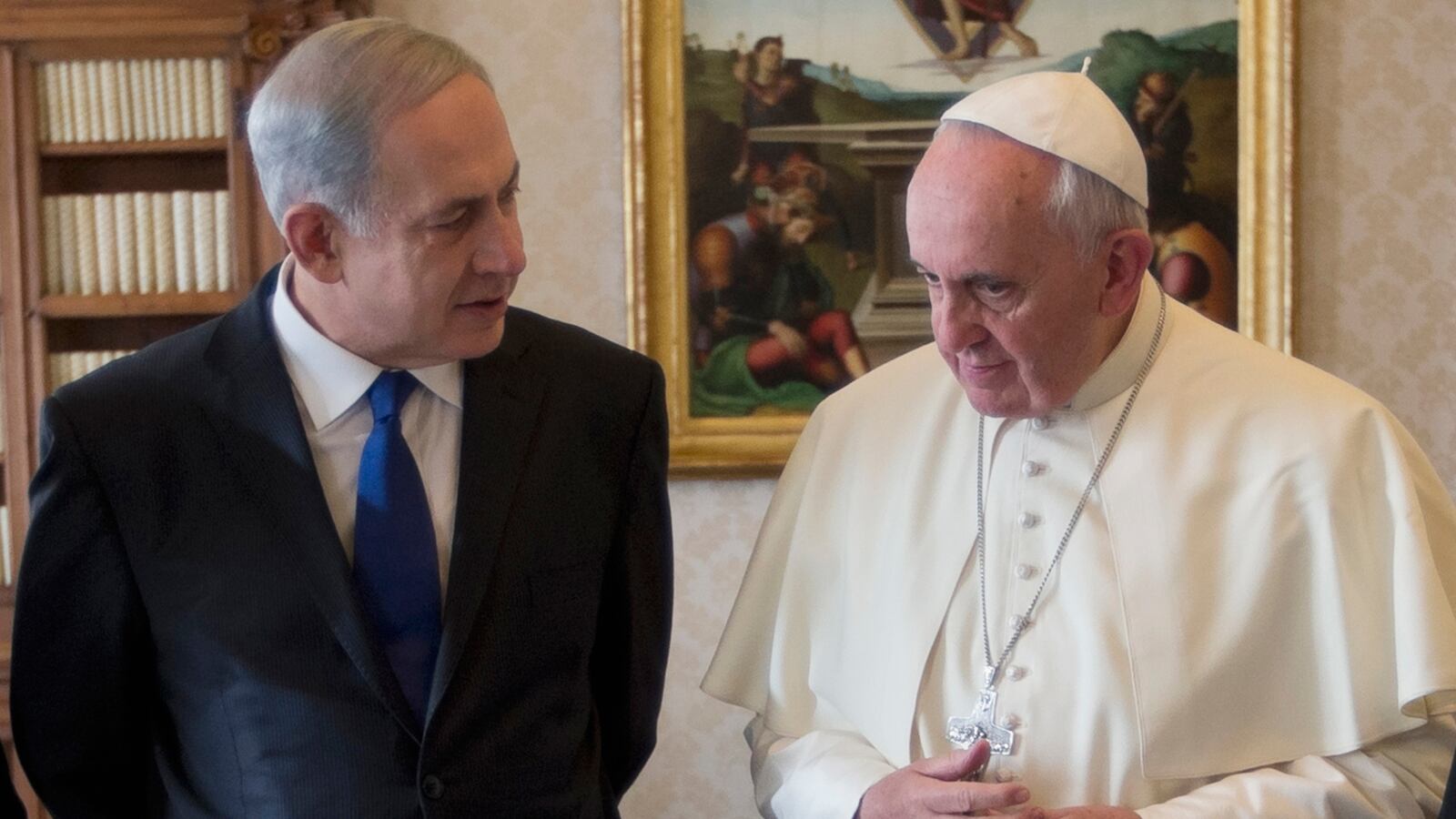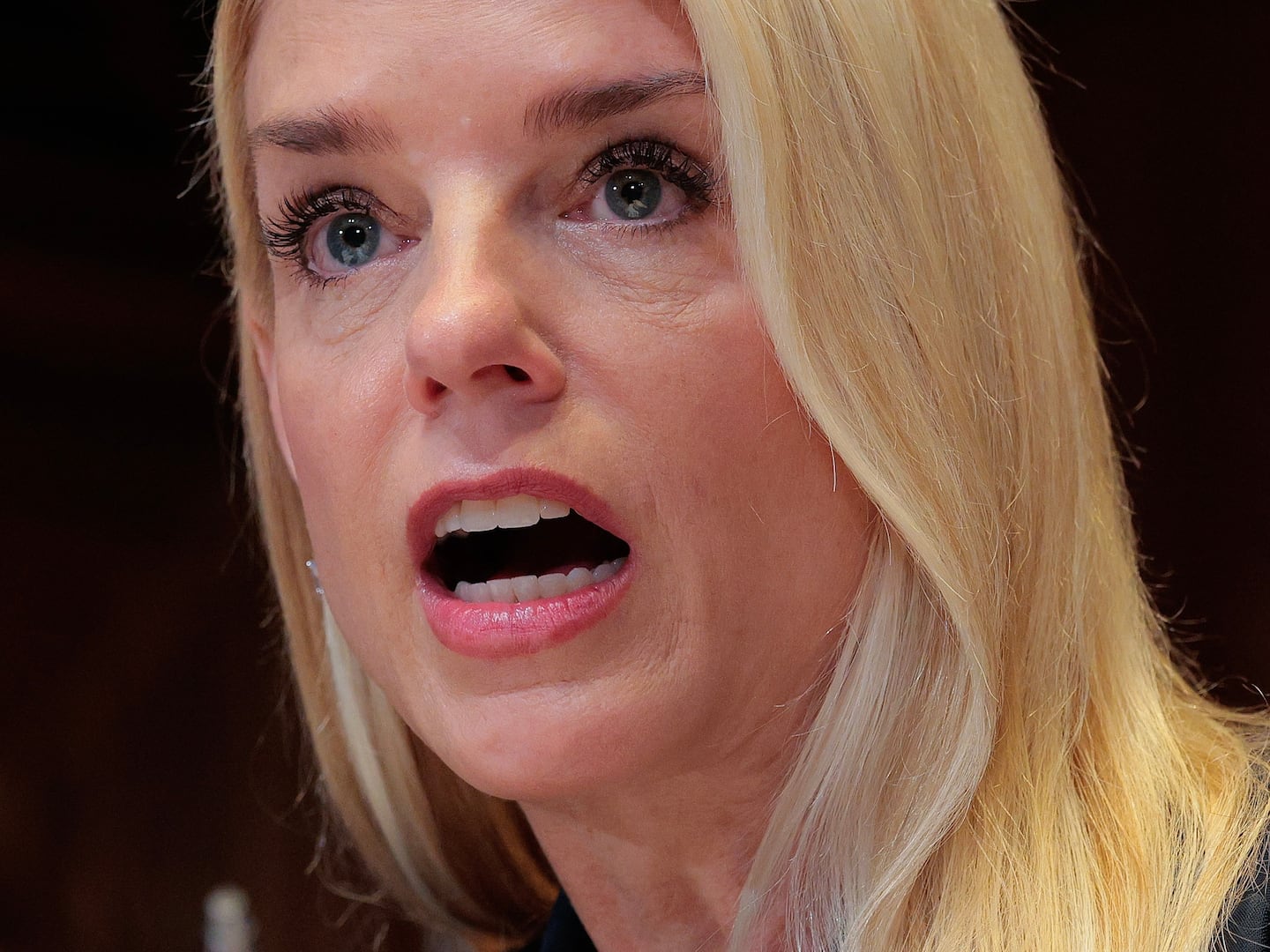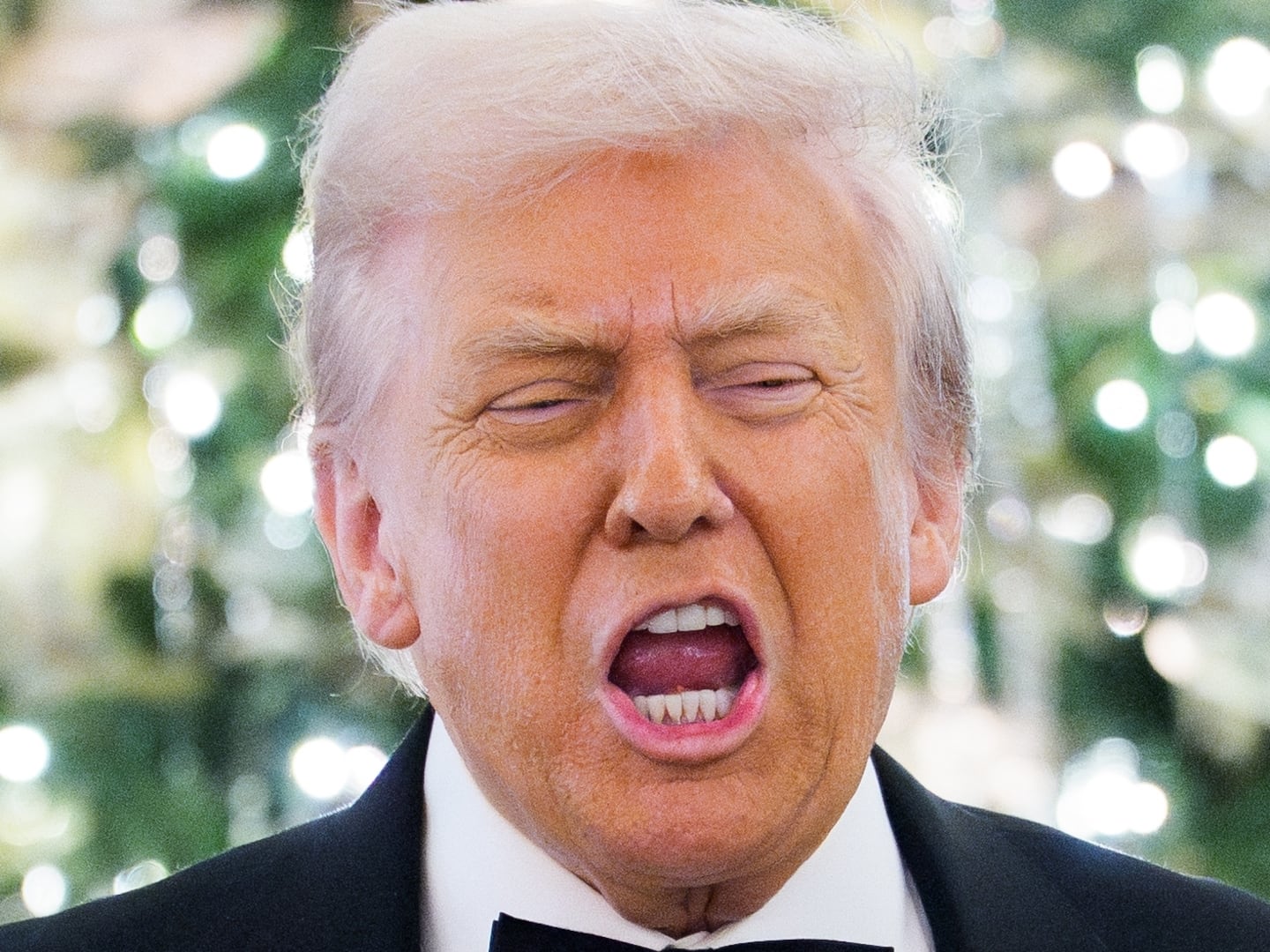After more than a few false starts, Benjamin Netanyahu finally got his private audience with Pope Francis in Rome on Monday. The Israeli prime minister had tried unsuccessfully to meet Francis in October when he was in Rome to meet with U.S. Secretary of State John Kerry, but the Vatican said it could not arrange such an audience on short notice. The pope did hold an audience with Palestinian Authority president Mahmoud Abbas the same month.

At Monday’s meeting, which lasted 25 minutes, Netanyahu presented Francis with a Menorah and a copy of his father’s book about the Spanish Inquisition. He also extended an official invitation for the pontiff to visit Jesus’ birth place in Bethlehem next May. The papal visit is reported to take place in the spring of 2014. It will be the fourth time a pope has ever visited Bethlehem; Pope Benedict XVI visited the Holy Land in 2009. It won’t be Francis’s first visit to Israel—in 1973, he spent six days in Jerusalem studying the letters of St. Paul to the Corinthians. The two leaders also discussed the Israeli-Palestinian peace process and developments in the Syrian civil war as well as the status of Iran’s nuclear program.
Netanyahu was in Rome on an official state visit with Prime Minister Enrico Letta, to discuss Italy’s support of American diplomatic efforts with Iran. Italy has always maintained a neutral stance on the Middle East, often in great defiance of the Church’s own stance. The Vatican reluctantly recognized Israel as a state 20 years ago, but Pope Francis has been hesitant to refer to Israel as a separate state. When he visited the grave of St. Francis in October, he angered some Israelis with his references to the Holy Land.
On Sunday, ahead of the papal visit, Netanyahu lit the fifth candle of Hanukkah at Rome’s synagogue and said he would not stay silent on the Iranian nuclear question. “Iran aspires to attain a nuclear bomb. It would thus threaten not only Israel but also Italy, Europe and the entire world,” he said. “I promise you in the spirit of the Maccabees, we will not allow Iran to receive a military nuclear capability.”
The Vatican press office said that the visit was an important step for the pope. “They focused on the complex political and social situation in the Middle East, with particular reference to the reinstatement of negotiations between Israelis and Palestinians, expressing hope that a just and lasting solution respecting the rights of both parties may be reached as soon as possible.”
Pope Francis has only recently made his foray into the world of global diplomatic affairs when he met with Russian president Vladimir Putin last week. A few days later he issued his first Apostolic Exhortation warning that the “culture of prosperity deadens us.”






